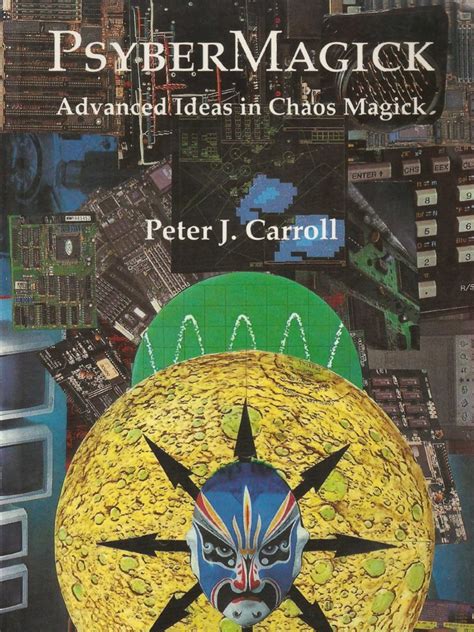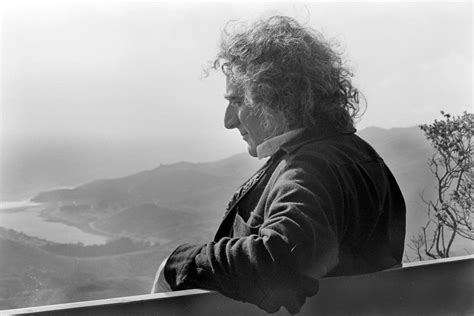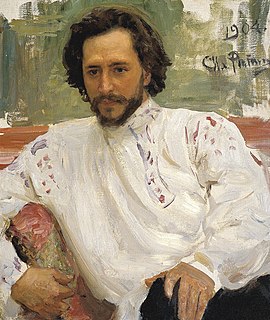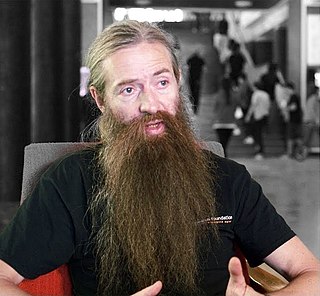A Quote by Umberto Eco
A novel is a machine for generating interpretations.
Quote Topics
Related Quotes
I think you have to find how the machine can work for you. That's what I mean by "attaching yourself to the machine," 'cause the machine is going to be there, and you can rage against the machine, which is cool, but there's ways that you can benefit off the machine if you're savvy enough and you're sharp enough, smart enough. We all got to live and eat.
The 1,230 gigawatts (GW) of renewable power generating capacity in place at the end of 2009 now constitutes just over 25 percent of total generating capacity worldwide. This is over three times nuclear generating capacity and roughly 38 percent of the capacity of fossil fuel-burning power plants worldwide.






































